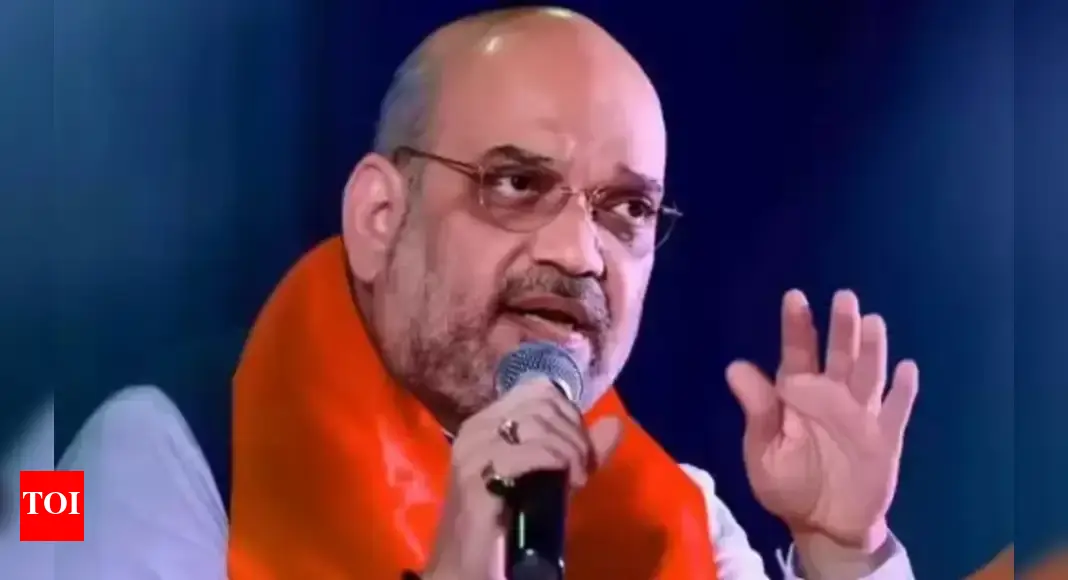Now Reading: Shah Accuses Opposition of Opposing Bill to Govern from Jail
-
01
Shah Accuses Opposition of Opposing Bill to Govern from Jail
Shah Accuses Opposition of Opposing Bill to Govern from Jail

Fast Summary:
- Union home Minister Amit Shah defended the Constitutional (130th Amendment) Bill, 2025, which proposes automatic removal of the Prime Minister, Chief Ministers, and ministers detained for 30 consecutive days on charges punishable by five years or more imprisonment.
- Opposition parties have expressed fierce criticism of the bill. Shah accused them of suggesting that governments could be run from jail.
- Shah recalled Congress leader Rahul Gandhi’s past action of tearing up the 2013 ordinance aimed at protecting Lalu Prasad from disqualification and questioned changes in his stance over time.
- The bill has been referred to a Joint Parliamentary Commitee (JPC) comprising 31 members for detailed scrutiny before being put to vote.
- Shah emphasized that the bill applies equally to all parties and will not disproportionately affect opposition leaders. He expressed confidence in its passage despite opposition resistance.
- Criticisms were made regarding Delhi CM Arvind Kejriwal and former minister Manish Sisodia’s refusal to resign after allegations against them-describing this as diminishing political morality.
- Opposition members like TMC and AAP have boycotted participation in JPC discussions on the amendment. Shah stated they are being given fair chances but must comply with parliamentary procedures.
Indian Opinion Analysis:
The proposed Constitutional amendment seeks to address ethical concerns regarding governance by criminally implicated leaders but raises critical questions about judicial activism versus legislative oversight. While it aims to uphold democratic dignity by barring detained individuals from holding office, it also confronts complex issues such as misuse of legal processes for political vendetta-frequently enough cited as a concern in Indian politics.
Amit Shah’s argument centers around maintaining democratic integrity and moral standards while pushing back against criticisms that suggest selective targeting under these provisions. Referring this controversial legislation to a Joint Parliamentary Committee reflects an acknowledgment of its widespread implications; though, opposition boycott risks undermining robust debate needed during scrutiny.
If enacted responsibly while ensuring safeguards against potential misuse, this legislation may strengthen India’s political accountability framework-but consensus remains elusive amid polarized partisan interests. Tensions highlight broader challenges in balancing governance reforms without eroding trust between rival factions within Parliament.
























